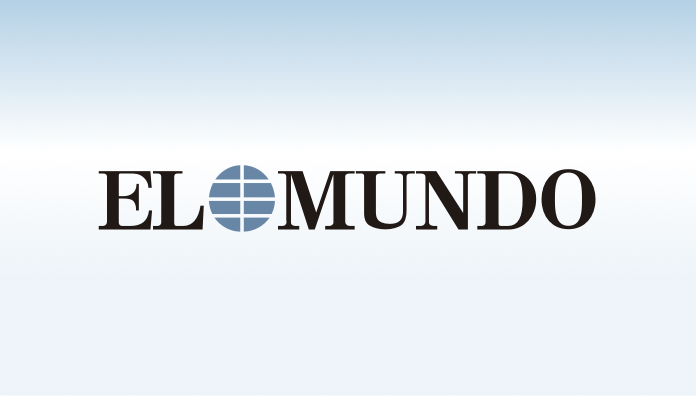Faced with one of the greatest tragedies in decades, the only option for Europe is unity and solidarity. Due to its nature and scale, the Covid-19 crisis requires a historic mobilization of States and the European Union in terms of governance, determination and resources. Everyone is aware that no country or continent will be able to meet the health challenge on its own. In the same way, on a planet in which almost 4,000 million people - half of humanity - are confined, no one will be able to fight and overcome the economic challenge on their own.
Member States have rapidly put in place emergency measures to meet the liquidity needs of companies that are stopped or closed. Access to liquidity is the absolute key. It is vital that these companies can go to their banks very quickly through loans guaranteed by the State. For its part, the ECB has immediately activated up to an additional € 750 billion to allow for substantial bond buybacks. And as foreseen by European legislation, the European Commission of Ursula von der Leyen has temporarily suspended the rules of budgetary discipline to allow its members to borrow beyond the Maastricht criteria in these exceptional circumstances.
This first response has been essential to guarantee financial security and, therefore, the survival of the main actors in the economy. However, it is now necessary to go further to end the crisis, protect companies, employees and relaunch soon, country by country, the industrial base and the single market. It is up to each Member State, of course, to design its own safeguards plan and assess the amounts that will require additional emissions. No European state, be it North or South, has the means to deal with such a shock alone without issuing additional debt. None at all.
To answer this question of financing, three principles must guide us: we must not neglect any country; no economy can be an isolated victim of the pandemic; and all partners must have equitable access, on comparable terms, to the debt necessary to finance their plans.
The global financial needs of the 27 must be proportional to what is at stake. The German Bundestag has voted a plan of 356,000 million euros, 10% of its GDP. If we assume this 10% for the European Union, the financing needs could be in the order of 1.5 to 1.6 trillion euros, which could be injected directly into the economy. In addition to the instruments and means made available by the ECB, that amount involves finding additional instruments. It is essential to guarantee a level playing field between the Member States, but also between Europe and the United States, whose plan has already been implemented. There is only one window of opportunity: it is now, not six months from now.
This additional support may come from unconventional instruments, existing or not, which would allow us to go further. For example, using the intervention capacities of the European Stability Mechanism (Mede), but in a more innovative way, reviewing its conditionality criteria, which must be lightened and reoriented to respond to the crisis. Or the European Investment Bank (EIB), which could see its firepower increase within a period compatible with the urgency of the situation. All this could complement the Sure, the € 100 billion mechanism the Commission has just proposed to help workers maintain their income.
However, given the amounts in question, a fourth pillar of European funding will be necessary. Like the ECB in the monetary and financial fields, Member States must now demonstrate, together, a spirit of decision and innovation. In the form, for example, of what could be a European Economic Recovery Fund, whose explicit vocation would allow the issuance of long-term bonds. It would also be very possible, why not, to allocate financial resources to this unconventional financing instrument and endow it with a system of governance that allows avoiding any moral hazard. In particular, on the destination of the financing, which could be strictly limited to joint investments for the industrial recovery linked to the current crisis. Given the urgency and the magnitude of the needs, this idea will allow anticipating and then complementing the increase in the EU Budget that President von der Leyen is asking for.
Time is running out. Circumstances demand creativity. Europe has learned from previous crises and against which we are suffering it will live up to the call of history. We trust that you will express seamless solidarity to emerge stronger from this unprecedented situation.
--------------
Thierry Breton is the European Commissioner for the Internal Market and Paolo Gentiloni is the European Commissioner for the Economy.
According to the criteria of The Trust Project
Know more- Europe
- Ursula von der Leyen
- European Union
- GDP
- U.S
- European Comission
- Crisis
- economy
- theater
- international
610.8 KM is never enough
EditorialUrgent economic plan to deal with coronavirus
TribuneThe distant gender equality

